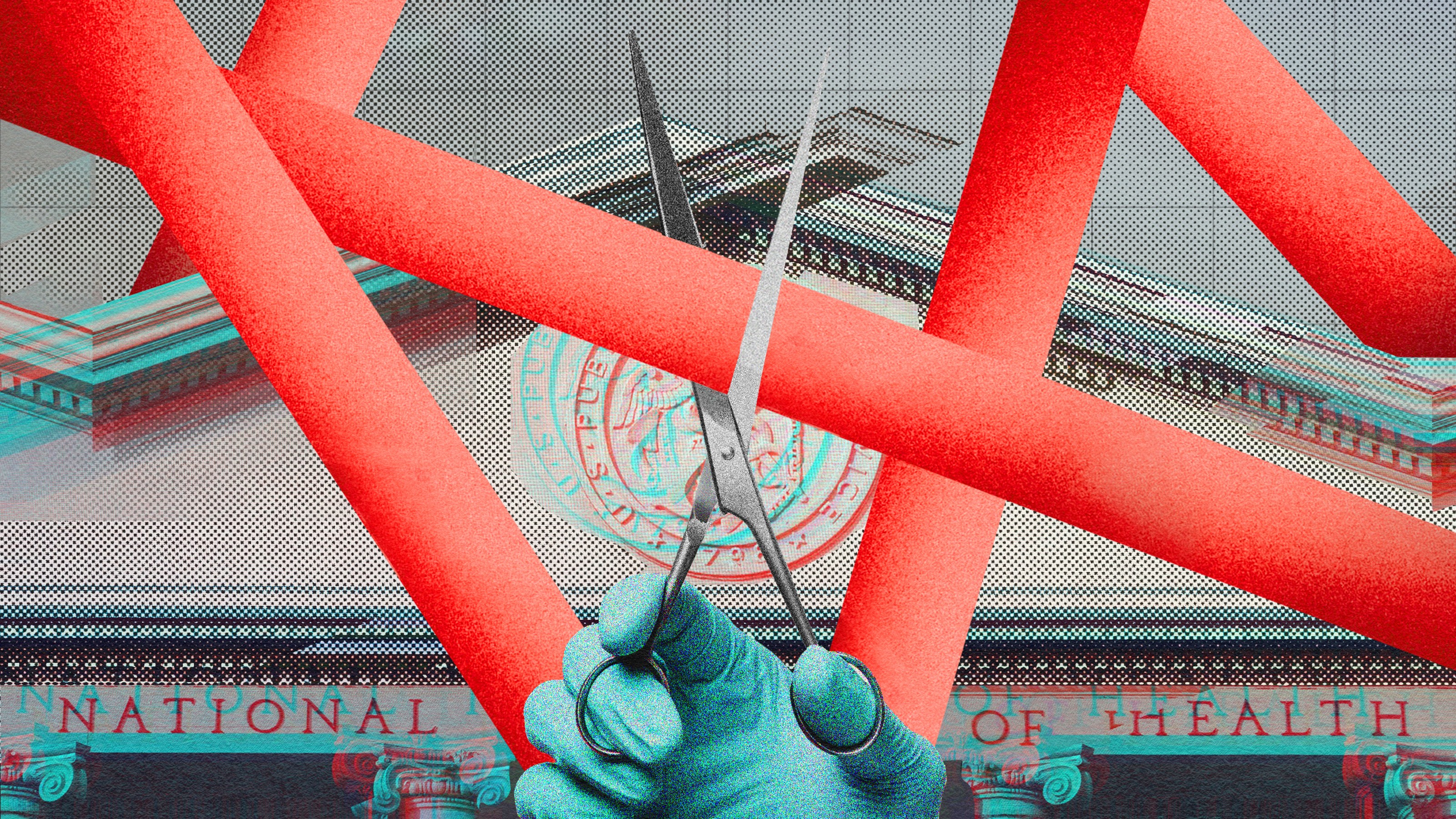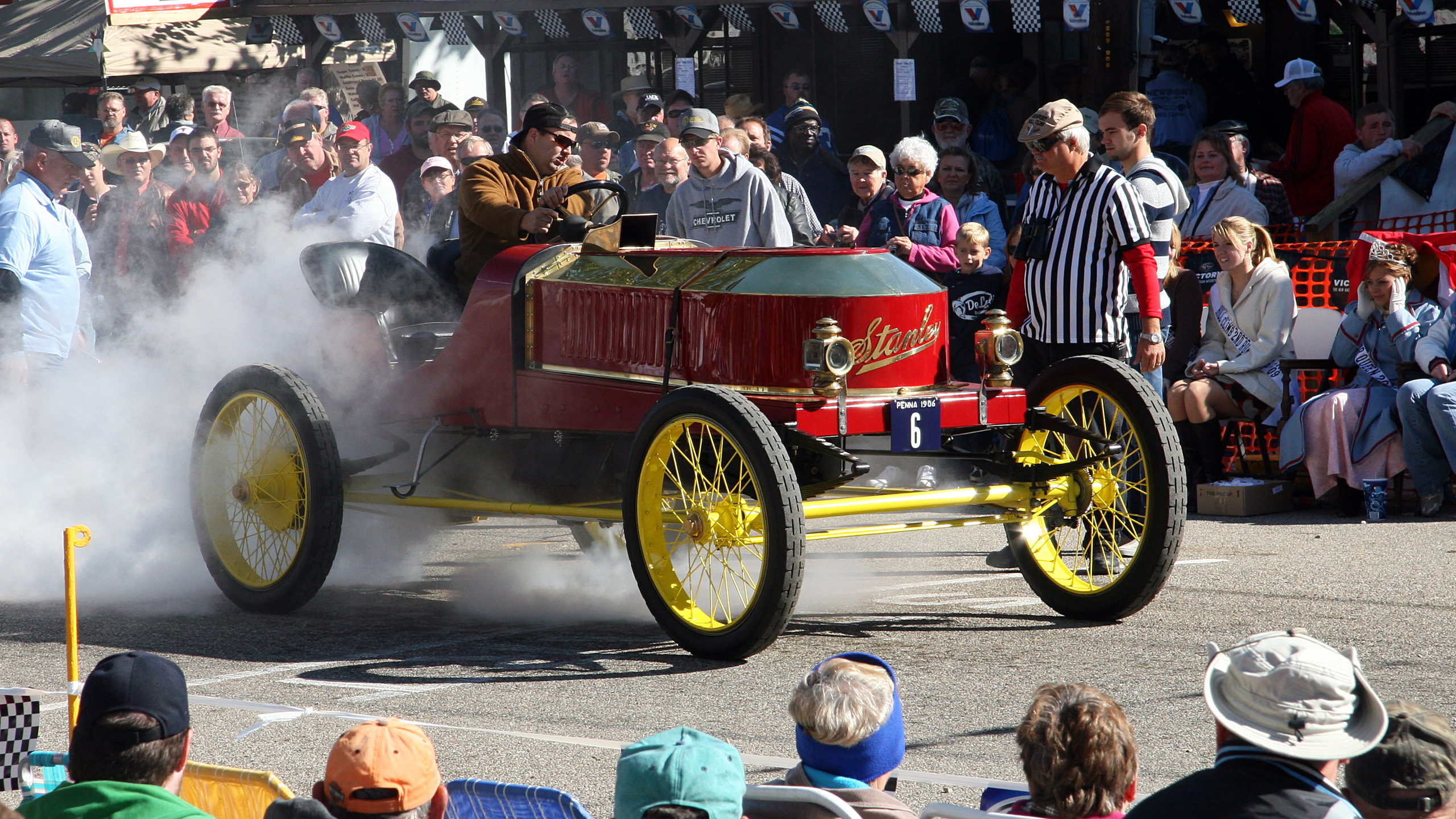Howard Bragman on getting more than 15 minutes.
Question: What does Andy Warhol have to do with branding today? Bragman: I think the ‘60s and ‘70s are kind of the time when we experimented with fame, and I think he was, he ran the studio that was almost a lab for being famous. They talked about a lot of people. There’s a lot of actors, a lot of artists, a lot of journalists who came out of there, and he created this culture of celebrity. He created a mystique, and he was one of the first ones to really do that and realize that you could do it on a much larger scale by branding people, which is something that’s become commonplace today but wasn’t so common for people back then. It certainly was for cars and light bulbs and everything else. Question: What would Andy Warhol say about personal branding? Bragman: I think he would say, “Be authentic and have fun with it,” because nobody had more fun with it. What you knew about Warhol was he was in on the joke, and I often tell my celebrities that you got to be in on the joke. When I worked with Monica Lewinsky, we went on Saturday Night Live, she said, “Why would we do that?” And I said, “We have to show that you get the joke.” And, you know, early on in my career, I represented LA Gear, the sneaker company and I got a story for them in a major business publication, I got an advanced copy faxed to me. That was the old days when we faxed, and I got this story and it was a horrible story. The company eventually had big financial problems. It’s this horrible story, and I just started my company less than a year before and I said, “Oh, my God, this horrible story is out, my business is going to go under. I’m going to be out on the streets eating dog food,” and I called a friend of mine and said, “It’s over,” and he said, “Howard…” I said, “Yeah?” He said, “It’s tennis shoes.” And I’ve never forgotten that because 99% of the time, it’s tennis shoes, okay? It’s tennis shoes. It’s not life or death struggles that we’re talking about here. And so you’re allowed to make a mistake, that’s the human condition is to make mistakes, and we live in this great Judeo-Christian culture that allows you to make mistakes as long as you apologize, appear contrite. Why did O. J. get convicted again? Because he wasn’t contrite, okay? It wasn’t so much about the mistake as the lack of contrition on his part. He stood in court and said, “I didn’t do anything wrong.” If he had said, “I made a mistake. I acted out of arrogance.” I think the judge and the jury would have been a little more sympathetic towards him.





